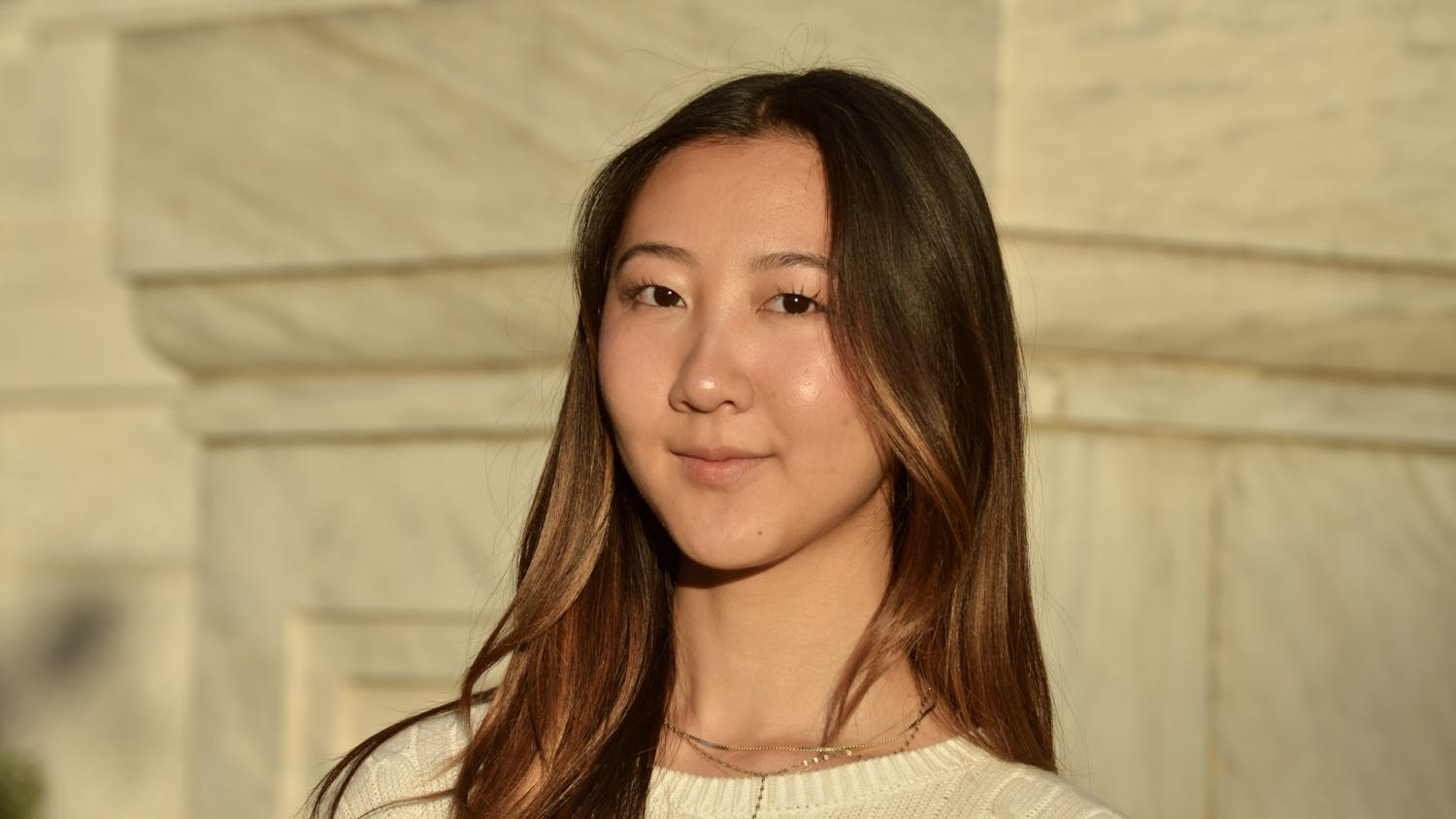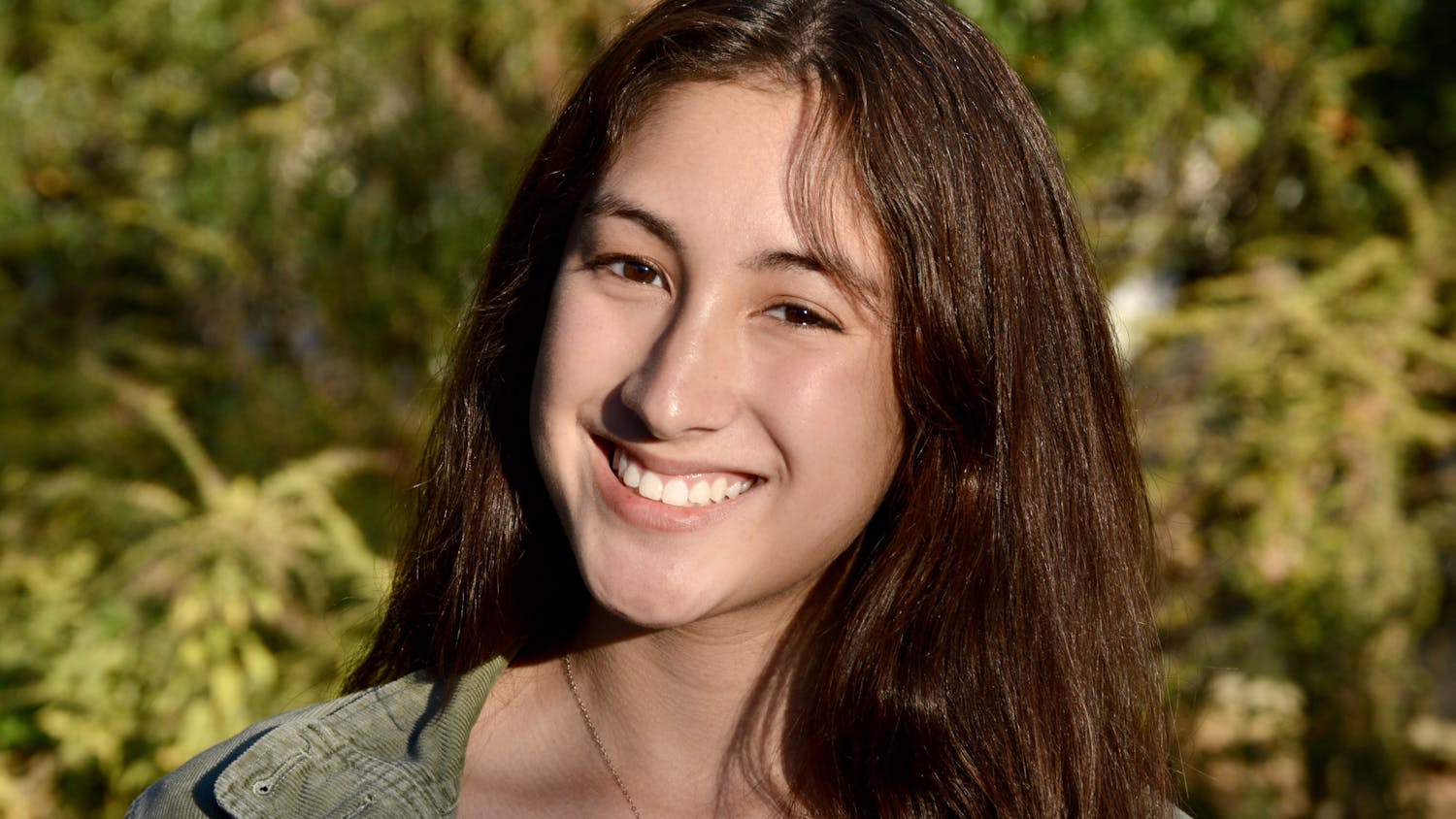During our undergraduate experience, we are challenged to consider many different issues. However, the one subject that seems to be taboo is a genuine examination of faith, especially Christianity.ÿChristianity's exclusion from academic or substantial discussion today has led it to be ridiculed and misunderstood.ÿ As the British philosopher G.K. Chesterton noted, "The Christian ideal has not been tried and found wanting; it has been found difficult and left untried." In this time of great academic curiosity and intellectual debate, therefore, can one afford not to take a little effort to examine faith, or will countless mistakes of the past be repeated as the examination is abandoned before it begins?
If you are still reading, it means that you are at least somewhat interested in beginning an exploration of this faith.ÿCongratulations.
Before one can begin examining faith, not just Christianity but any religion, one must first establish certain presuppositions; this idea was first emphasized by the German philosopher Immanuel Kant.ÿ Three key presuppositions must be realized before one begins so that the process will be meaningful and objective.
First, one must choose between adopting two basic presuppositional attitudes. One can begin either with a presupposition of method, which assumes analytic methods to examine the evidence, or with a presupposition of substantive content, which assumes a conclusion and than interprets the evidence to fit that conclusion. For this examination to be worthwhile, one must adopt a presupposition of method, and keep an open mind to objectively investigate Biblical evidence with well-established logical and analytical tests.
The second important presupposition is about the nature of truth. Truth, in order for it to be true, cannot gather together claims that oppose each other, but must exclude as false that which is not true; it is not inclusive, but exclusive. It would be illogical for me to say that I am Joshua Wu and then the next moment say I am not Joshua Wu; either I am Joshua Wu or I am not because the two statements are mutually exclusive.
Truth also remains true whether one chooses to accept it or not.ÿI may claim that AU is not in Washington, D.C., but AU will be in Washington, D.C., whether I accept that or not. Even the famed agnostic, Bertrand Russell, agrees that there are objective facts that are independent of our subjective minds; he argues that the "the world contains facts, which are what they are whatever we may choose to think about them."ÿ
The third important presupposition is that one cannot use both/and reasoning, to examine faith.ÿ Related to the exclusive nature of truth, in examining faith, one must use the either/or system of reasoning-either Christianity is right or it is wrong. Reality dedicates which system of thought to adopt, and to examine faith logically, analytically and systematically, it would only make sense to adopt the either/or system.ÿIn fact, if one argues for the use of the both/and reasoning to justify religious pluralism, a person is saying that one EITHER uses the both/and system OR nothing else; such an attempt proves that the either/or emerges whenever one tries to assume a both/and system.ÿTherefore, the conclusion must be that either the evidence supports the Christian faith or it does not.
Miss not the opportunity to explore faith, whether Christian or otherwise, during your tenure at AU. It may be the single most important topic you explore.ÿ If nothing else, know why you reject faith, for it is illogical to reject something that you have not first tried to understand.ÿWhether it is taking a religion class next semester, conversing with friends about faith, reading religious literature, or simply attending meetings that discuss faith, grasp the occasion today to begin your personal exploration of faith.ÿAs the Chinese philosopher Lao Tzu said, "The journey of a thousand miles must begin with a single step."
Joshua Wu is a sophomore in the School of Communication.




